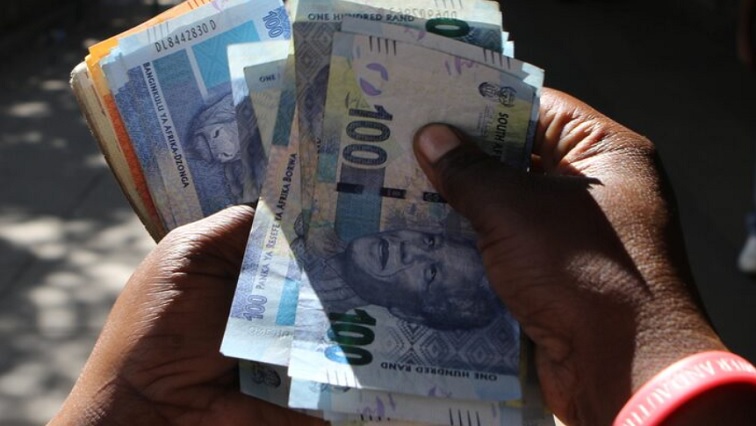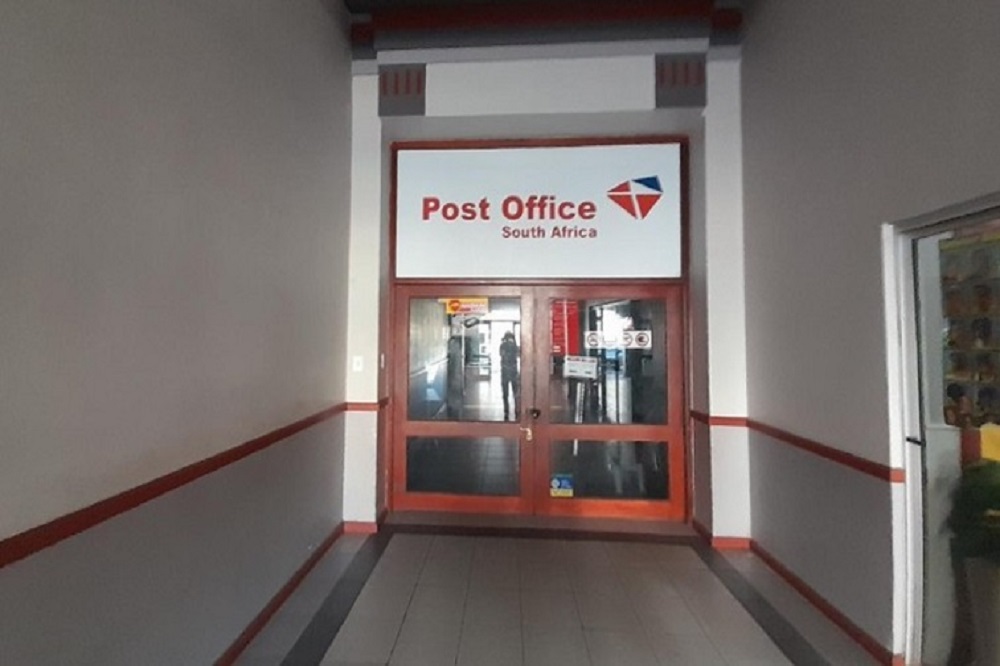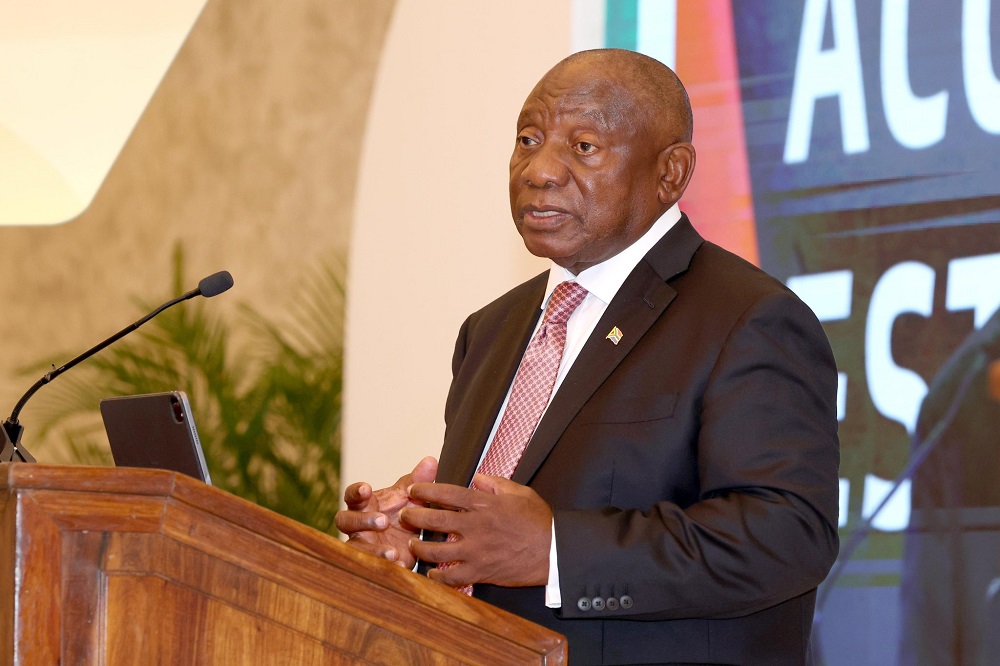-
100 rands
Experts have suggested partnerships between government and business should be used to combat illicit trade in South Africa. The Transnational Alliance to Combat Illicit Trade 2.0 Report reveals that the South African economy loses nearly R30 billion annually from illicit trade in tobacco and alcohol alone.
Government officials have also noted that illegal imports and illicit trading are key drivers of de-industrialization, which ultimately undermines economic growth.
Former Director-General of the Department of Trade, Industry and Competition Lionel October has called for the addressing of illicit trade to be treated as a national priority.
October says illicit trade surged significantly after 1994, playing a major role in the collapse of the textile industry during the 1990s.
Speaking at the official launch of the second report, a collaborative effort between Business Unity South Africa and TRACIT, he says formalizing the township economy is also key.
“I think there used to be a big deregulation problem. People thought informal sector is good and so on. And when we try to regulate the spaza shops 10-15 years ago, there was an outcry, to say how can you deregulate small busines; you’re going to kill small business and then you had the food safety standards, and you had real regulation of the spaza shops because food safety regulations. So, I’m glad we’ve moved beyond the sort of neoliberal problem of saying tight to degree relate and in formalism. We need to formalize and mainstream our township economy. Townships are because of exclusion and marginalization that they are informalized. So, formalization and mainstream of the township economy is key for government,” says Lionel October, Former Director-General for the Department of Trade, Industry and Competition.
Acting Commissioner of the National Consumer Commission, Hardin Ratshisusu, warns that without proper support the informal economy remains vulnerable to exploitation.
“What you see on the ground is sometimes a very scary picture, because if you go to the informal side of the economy, the kinds of products you see there that are being traded, it’s products that really appear illicit in many ways. But we have not really been able to zoom into that, you know, with law enforcement to see how best we can deal with this issue. And what is the source of these products are being are they being produced here? Are they being imported? I think those remain question marks,” says Ratshisusu.
Senior policy advisor for Tracit Dr Esteban Giudici says countries with low credit ratings are prone to illicit trade proposing a change in enforcement.
Experts say one of the consequences of clamping down on illicit trade is mafia-style retaliation.











